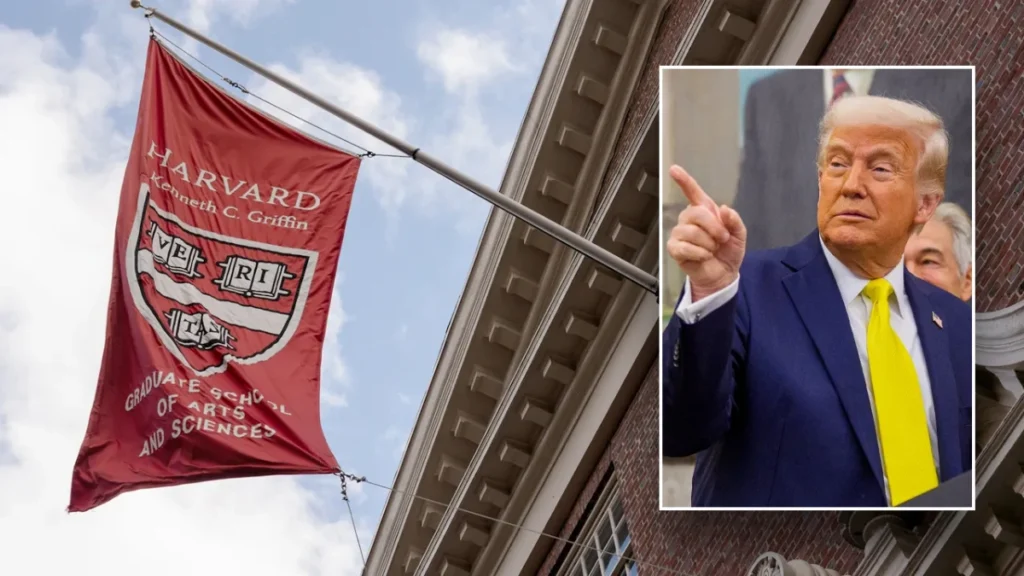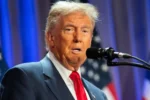The Trump administration is preparing to push through significant cuts to federal university research grant s, a move that could reshape how top institutions like Johns Hopkins University and Harvard University fund their groundbreaking work. With billions of dollars at stake, the proposal has already sparked concern among academics, students, and policymakers about the future of U.S. research leadership.
Why Research Grants Are at Risk
Federal research funding is a lifeline for American universities. Agencies like the National Institutes of Health (NIH), the National Science Foundation (NSF), and the Department of Defense (DoD) provide the majority of research dollars that power medical breakthroughs, engineering innovations, and national security projects. The Trump administration argues that cutting grants will reduce government spending and encourage universities to find more private-sector partnerships.
Impact on Johns Hopkins University
Johns Hopkins consistently ranks as the largest recipient of federal research dollars in the nation. Its medical school, Applied Physics Laboratory, and public health programs depend heavily on government support. Proposed cuts could:
- Delay life-saving medical research.
- Limit defense and cybersecurity projects tied to national security.
- Reduce funding for graduate fellowships and lab positions.
For a school so reliant on federal research dollars, even a modest cut could mean scaled-back projects and fewer opportunities for students and researchers.
Impact on Harvard University
Harvard, while backed by one of the world’s largest endowments, also depends on federal grants for much of its research activity. Federal support fuels Harvard’s medical research, climate studies, and technology development. Cuts could:
- Slow advancements in cancer and genetic research.
- Limit grants that support underrepresented researchers and young scientists.
- Push Harvard to lean more heavily on philanthropy and private donors.
The Bigger Picture for U.S. Research
If implemented, these cuts could weaken America’s global research dominance. Competitor nations like China and the European Union are aggressively investing in science and technology, and reduced U.S. funding could create a long-term competitive disadvantage. Experts warn this could also lead to a “brain drain” as top scientists and students seek better opportunities abroad.
What Happens Next
Congress holds the power of the purse, meaning Trump’s proposal would need approval from lawmakers. Universities, research organizations, and state leaders are already lobbying heavily to block or soften the cuts. The outcome will depend on upcoming budget negotiations.
Conclusion: The Trump administration’s proposed cuts to federal research grants could have far-reaching effects, particularly for Johns Hopkins and Harvard, two of the nation’s top research institutions. While the goal is to curb federal spending, critics argue the U.S. risks undermining innovation, healthcare breakthroughs, and global competitiveness.
Disclaimer: This article is for informational purposes only and reflects current reports on proposed policy changes. Final decisions will depend on congressional negotiations.
Read More:
- 35 States Ban Cell Phones In Classrooms: The Growing Movement to Improve Student Focus and Academic Performance
- Trump Set to Fill Fed Board Vacancy This Week, Chair Search Down to Four Finalists
- Credit One Bank Account: Eligibility, Payout Amount, and Timeline Explained
- US Driving License Rule Changes from September 2025 – Essential Updates for Drivers Aged 70 and Above
- Ohio State President Ted Carter Faces New Laws, Rising Costs, and AI Demands in Higher Education Shake-Up




